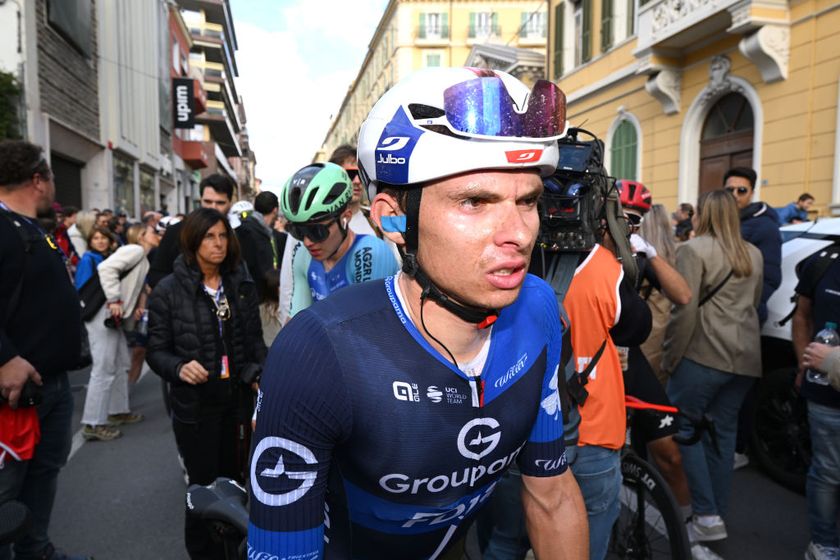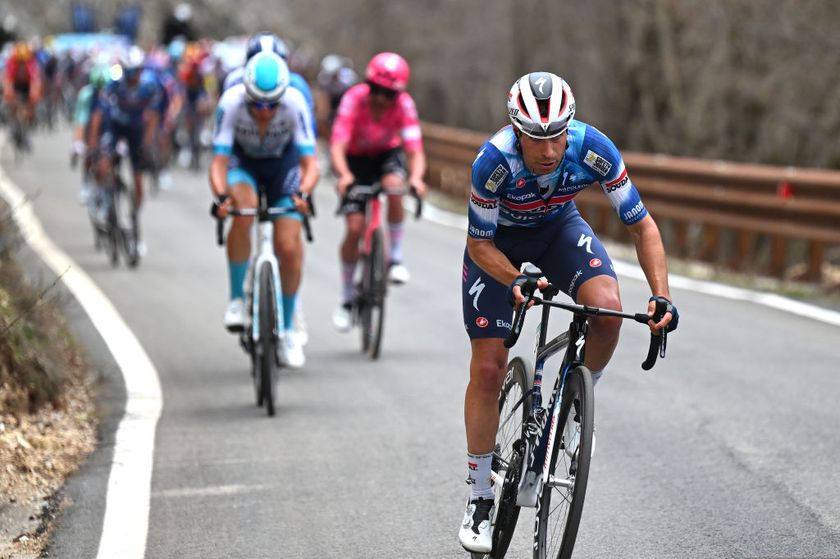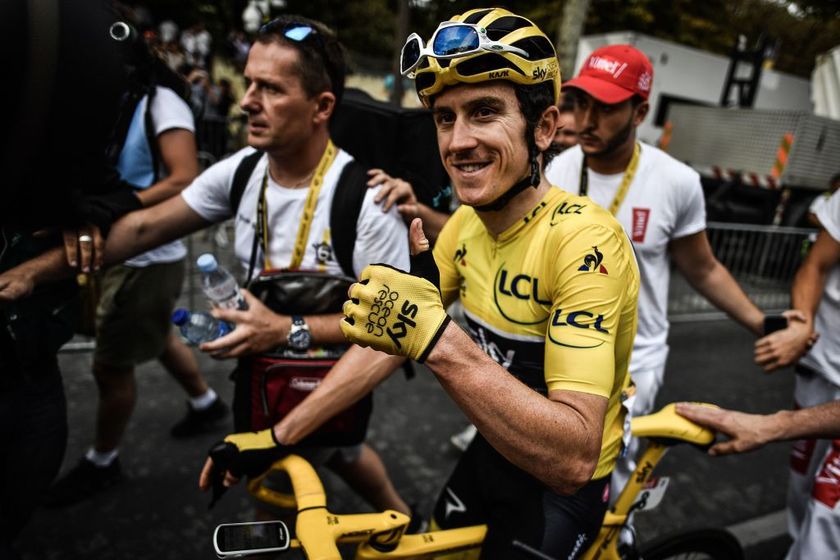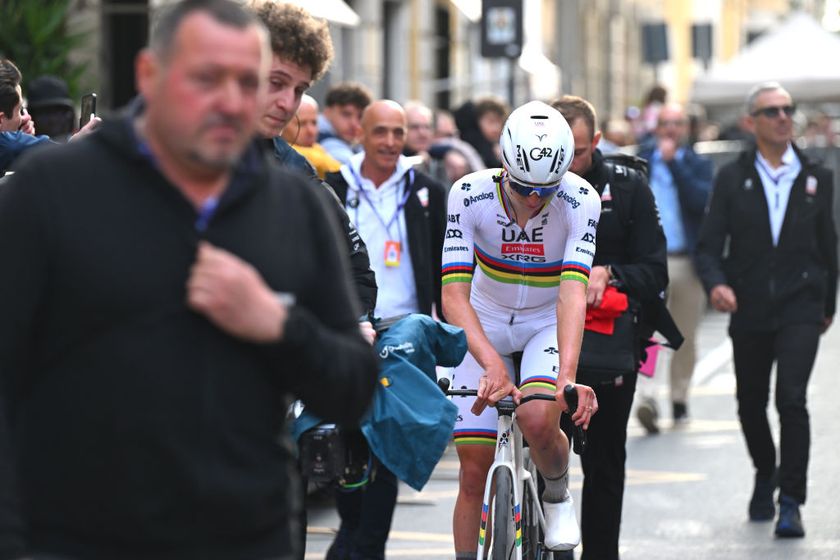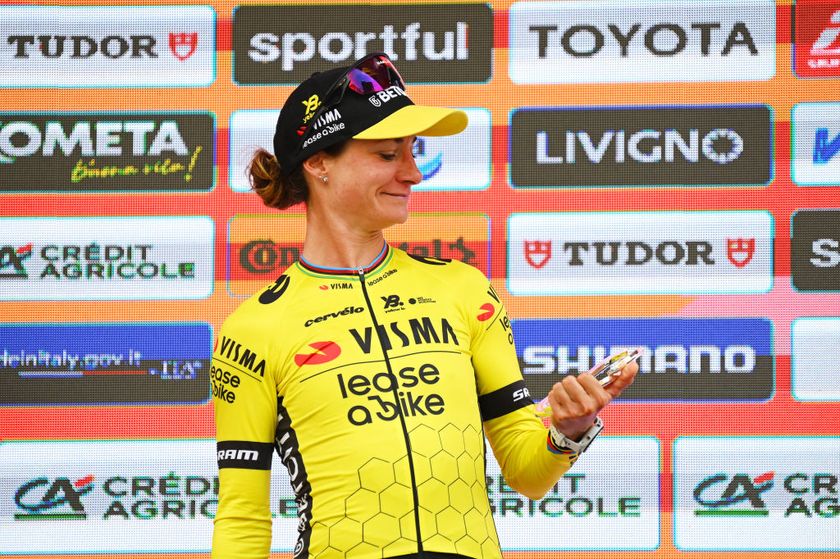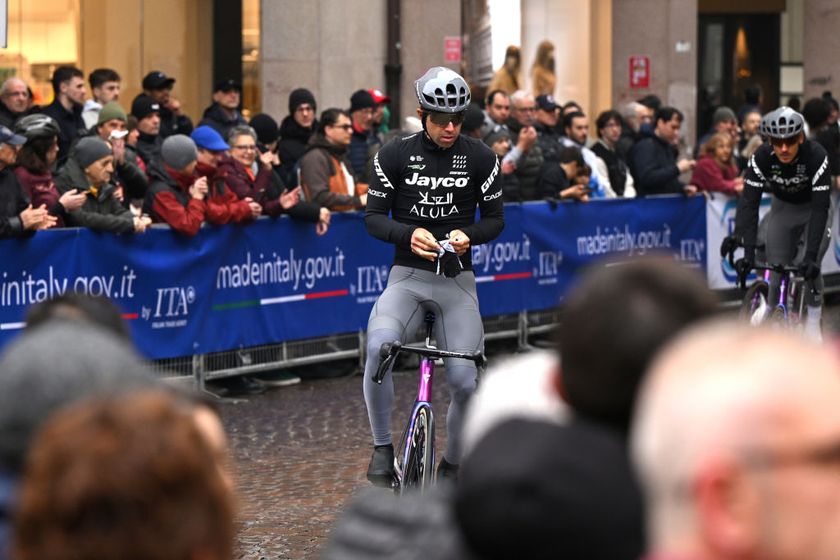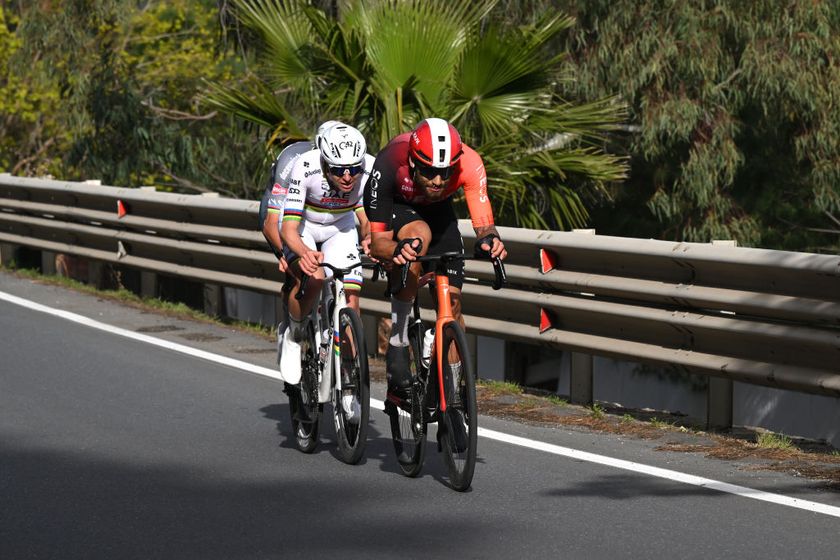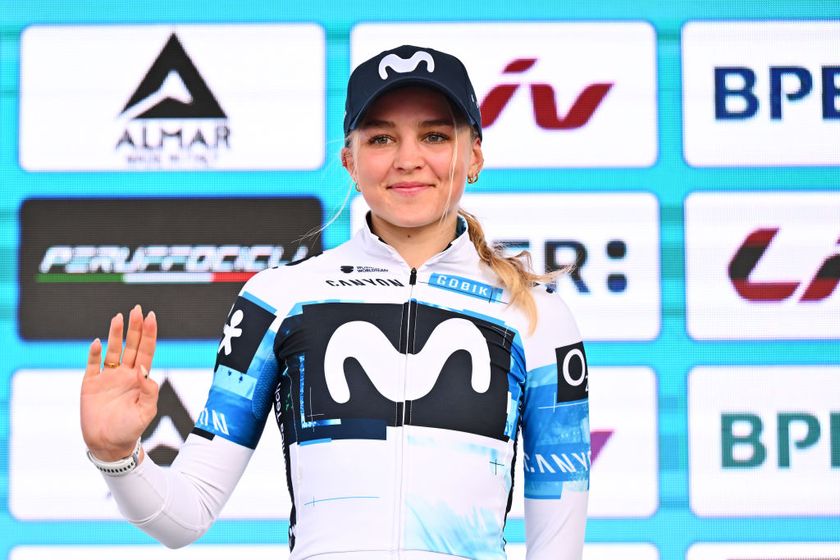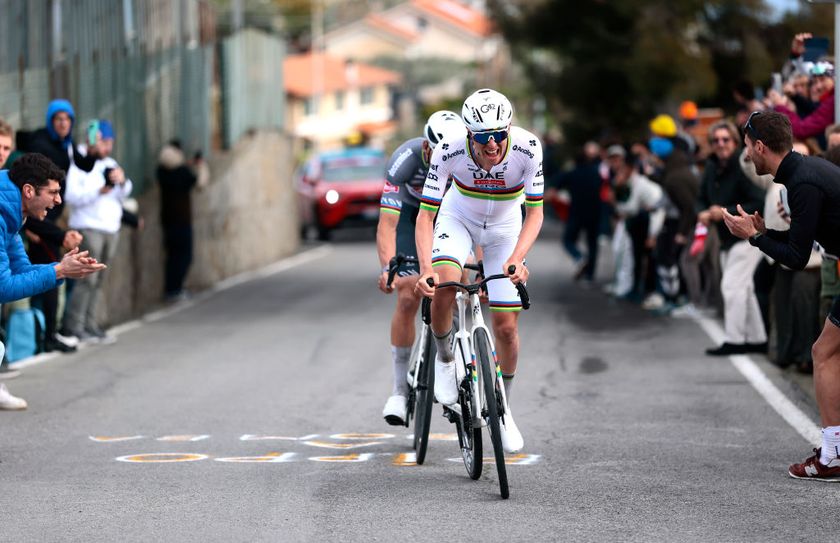Mosquera: "After four years I can finally breathe"
2010 Vuelta runner-up argues now-lifted doping sanction curtailed his career by a year





Former pro Ezequiel Mosquera has slammed modern bike racing as “irrational” after a Spanish court recently annulled a two-year doping ban which had also seen the now retired racer stripped of his 2010 Vuelta second place overall.
“Modern-day cycling is irrational and I can say that it has disappointed me,” Mosquera told Spanish sports daily MARCA on Sunday. “I started racing because I used to see bike racers as heros and now I don’t know what it is that people see in it.”
Mosquera was given a two year ban by the Spanish Cycling Federation in November 2011, 14 months after he had tested positive for hydroxethyl starch in the 2010 Vuelta, where he finished second overall and won the final mountain top stage, at the Bola de Oro, ahead of overall winner Vincenzo Nibali. At the time, Hydroxethyl starch was defined as a ‘specified substance’ according to WADA rules, given it can be used as a masking agent for blood doping, but was only banned if injected intravenously.
Mosquera’s first top results came when he took a run of fifth, fourth, and fifth overall in the 2007, 2008 and 2009 Vueltas a España for the Karpin-Galicia and Xacobeo-Galicia team, before claiming a personal best of second overall in the 2010 Vuelta.
Following his 2010 positive in the third week of the Vuelta, the case files reportedly took six months to be sent to the Spanish Federation from the UCI. The Federation then took another eight months to reach the verdict of a two-year ban. In the meantime Mosquera had signed for the 2011 season for Dutch team Vancansoleil, but he reportedly reached an agreement with the team neither to race - which he did not do - nor be paid whilst his case was being resolved.
By the time Mosquera was officially suspended, the 2011 season was over, and so, as it turned out, was his career, given he then retired. The appeal against the ban, though, has seen another three years go by before a verdict was reached late in 2014.
Asked by MARCA which he regretted more - the money he had not earned or the stain on his honour - Mosquera said “It’s evident that the economic element takes priority, but my reputation suffered as a result, and I regret that much more.”
Get The Leadout Newsletter
The latest race content, interviews, features, reviews and expert buying guides, direct to your inbox!
“I don’t know if I will get any kind of financial reward, and I don’t want to know. What I can do now is breathe. I’ve been holding my breath for four years and this is a huge weight off my shoulders.”
Mosquera revealed he had known that the case had been resolved in his favour three months ago, “but I felt more comfortable not talking about it. I wanted to [talk about it], but things you say when you’re feeling hot-headed aren’t much use. If you say things more calmly, people will pay more attention to you.”
Already a veteran at 32 when he started getting top results in the Vuelta in 2007, Mosquera, now 39, says he has no idea if he could have continued being successful for much longer. However, he insists, given he had “not raced much” that “he could have been up there for at least another year.”
Alasdair Fotheringham has been reporting on cycling since 1991. He has covered every Tour de France since 1992 bar one, as well as numerous other bike races of all shapes and sizes, ranging from the Olympic Games in 2008 to the now sadly defunct Subida a Urkiola hill climb in Spain. As well as working for Cyclingnews, he has also written for The Independent, The Guardian, ProCycling, The Express and Reuters.
